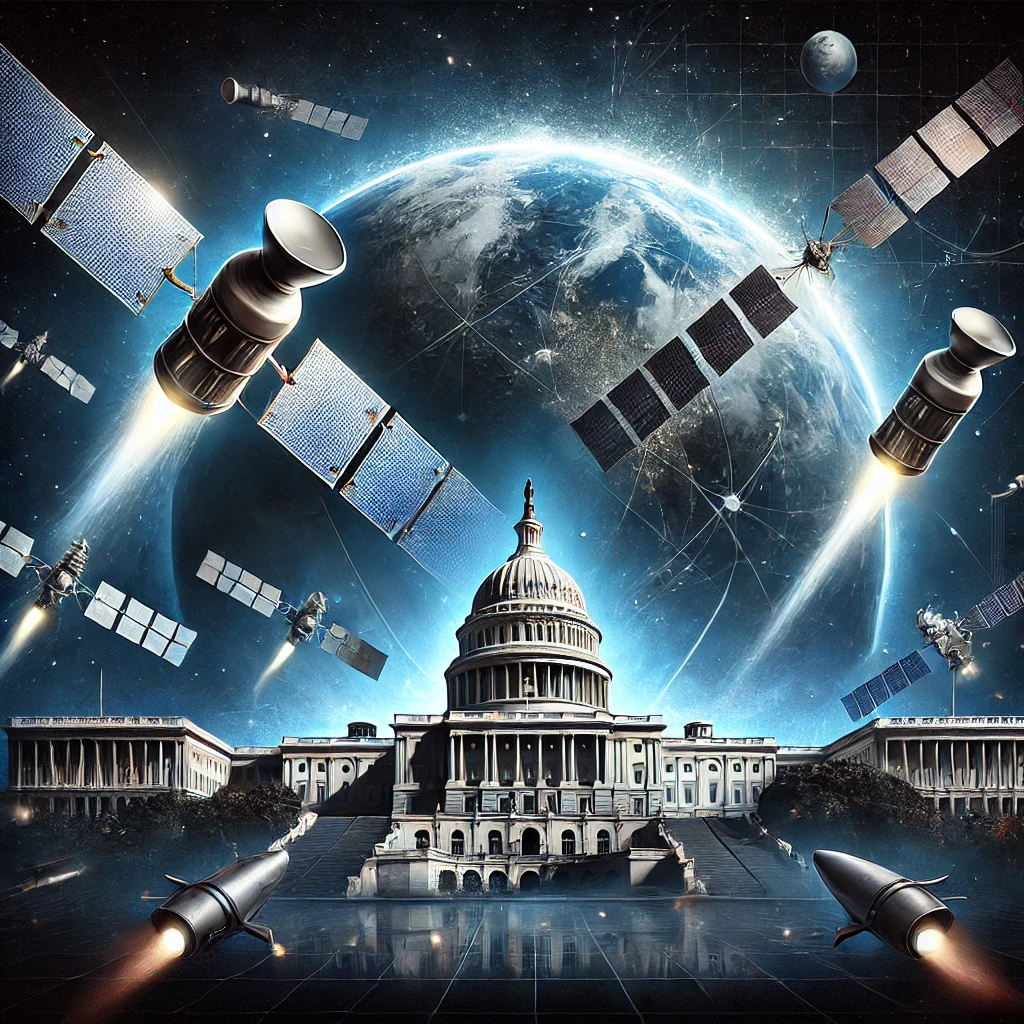Amazon’s ambitious satellite internet project, Project Kuiper, faces mounting challenges as delays push its first operational launches into 2025. With costs soaring to $20 billion—double the initial estimate—and tight Federal Communications Commission (FCC) deadlines looming, the initiative seeks to rival Elon Musk’s dominant Starlink network. As President-elect Donald Trump prepares to take office, Amazon founder Jeff Bezos is adopting a conciliatory tone, signaling a pragmatic approach to navigating political and regulatory hurdles.
Bezos vs. Musk: Competing Visions for Satellite Internet
Project Kuiper was conceived as a direct competitor to SpaceX’s Starlink, with the goal of delivering affordable satellite-based internet. However, the project has encountered significant delays, including two postponed launches in 2024 by United Launch Alliance (ULA), Amazon’s primary rocket provider. National security priorities and technical investigations have further complicated the timeline, with ULA focusing on two delayed Space Force missions before addressing Kuiper’s launches. Having pivoted to a more optimistic view of President Trump, Bezos is slated to meet with the President-Elect next week regarding Project Kuiper.
Unlike SpaceX, which operates its own fleet of reusable rockets, Amazon relies on external providers, including ULA’s Atlas V, Europe’s Arianespace, and Blue Origin’s New Glenn rockets. This dependency on new and largely untested vehicles has drawn criticism, with industry analysts pointing to the need for faster scaling across all launch partners to meet Amazon’s goals.
High Stakes and Soaring Costs
The stakes for Project Kuiper are enormous. Amazon faces an FCC mandate to deploy at least 1,600 of its planned 3,230 satellites by mid-2026, a timeline many view as aggressive. Missing this deadline could jeopardize Kuiper’s regulatory approval and leave Amazon vulnerable in the competitive satellite internet market.
The project’s ballooning costs, now estimated at $20 billion, further highlight its high-risk nature. Yet, with Bezos’ deep pockets and Amazon’s customer-focused culture, analysts believe Kuiper has potential once operational. “Starlink alone cannot serve the entire market. There’s room for Kuiper to establish itself,” said S&P Global Ratings analyst Chris Mooney.
Bezos and Trump
Bezos is taking a measured approach to the incoming Trump administration, despite past tensions. During Trump’s first term, Bezos clashed with the president over alleged interference in government contracts. This time, Amazon is signaling a desire for cooperation, including a $1 million donation to Trump’s inaugural fund. Bezos has publicly expressed optimism about Trump’s leadership, describing him as “calmer and more confident.”
However, political alignment within the FCC could influence Kuiper’s regulatory path. By 2026, the five-member commission is expected to have a Republican majority, potentially easing Amazon’s bid for a deadline extension or operational modifications.
The Road Ahead for Project Kuiper
Amazon plans to launch its first operational satellites in early 2025, ramping up production and deployment to serve customers by the end of that year. Success hinges on achieving a regular and efficient launch schedule—a tall order given the current state of its rocket providers.
Despite the obstacles, Kuiper represents a bold bet on the future of satellite internet. Its success would not only challenge SpaceX’s dominance but also open new avenues for global connectivity. As Bezos and Amazon navigate technical, financial, and political complexities, the world watches to see if Kuiper can fulfill its ambitious promise.
